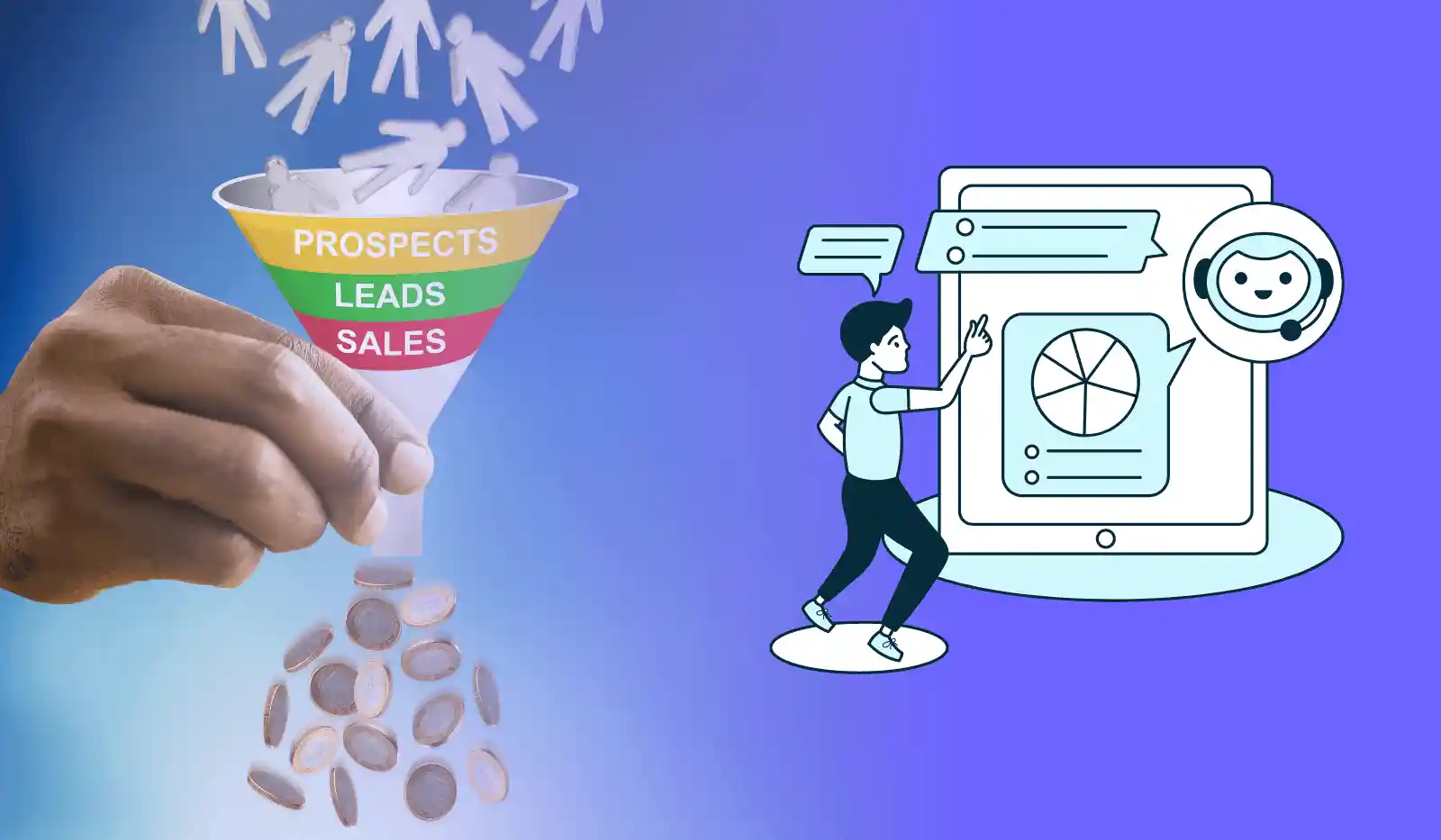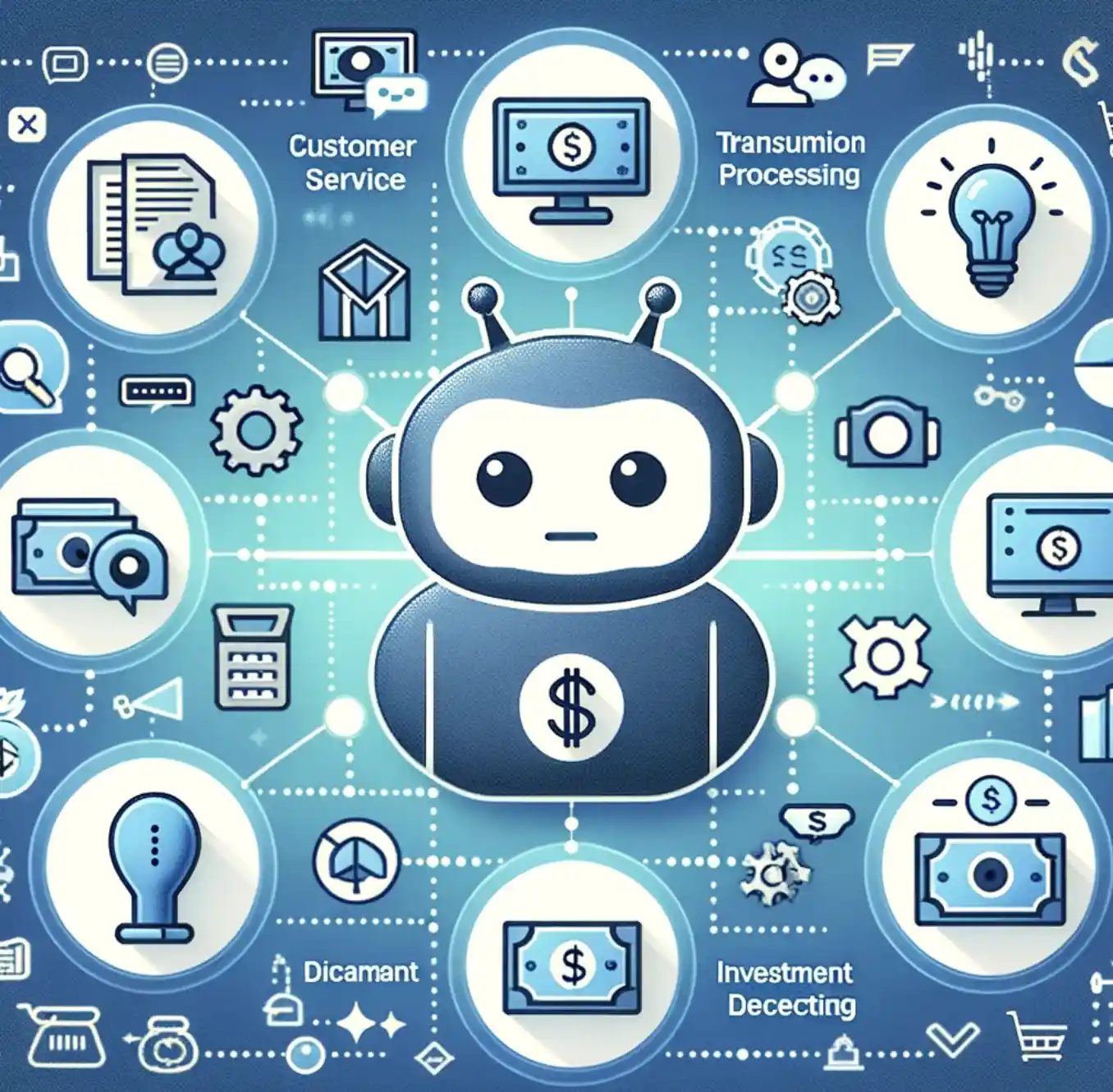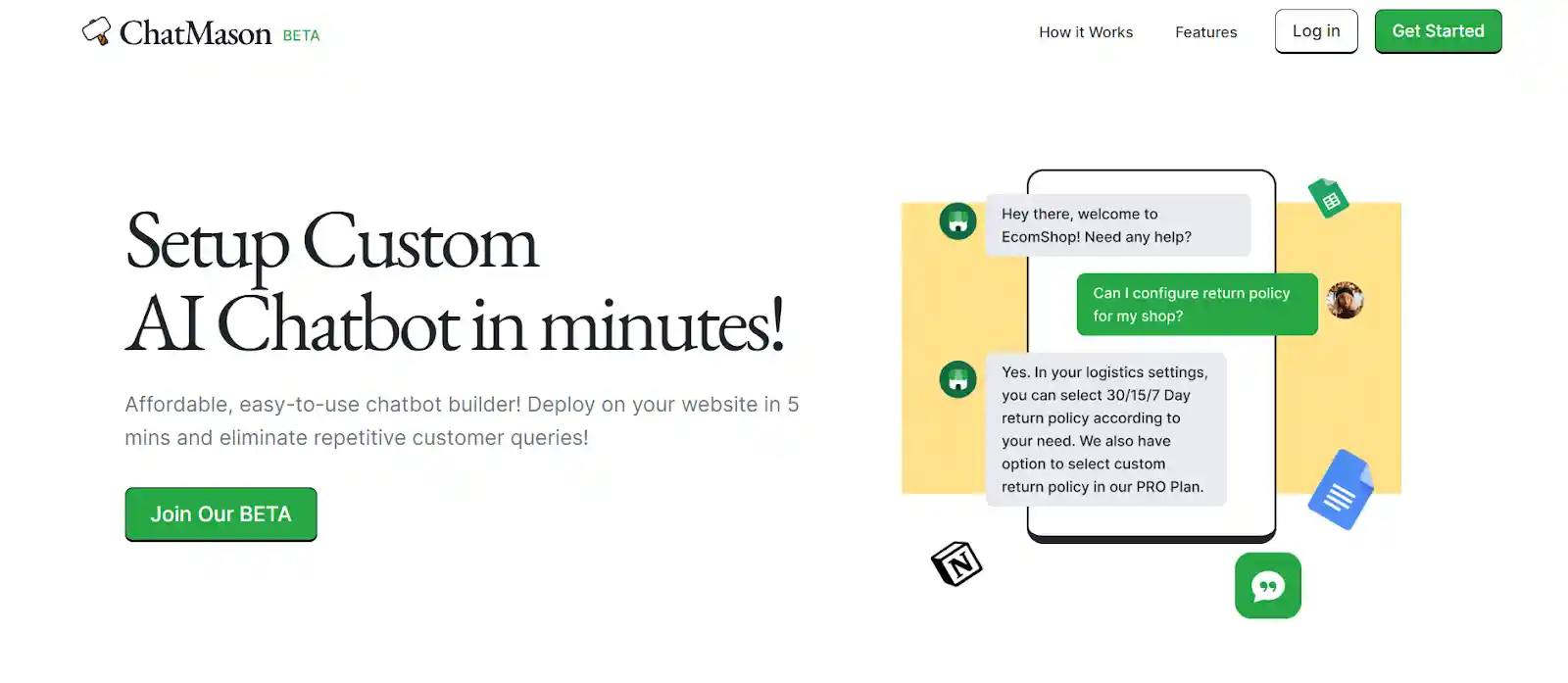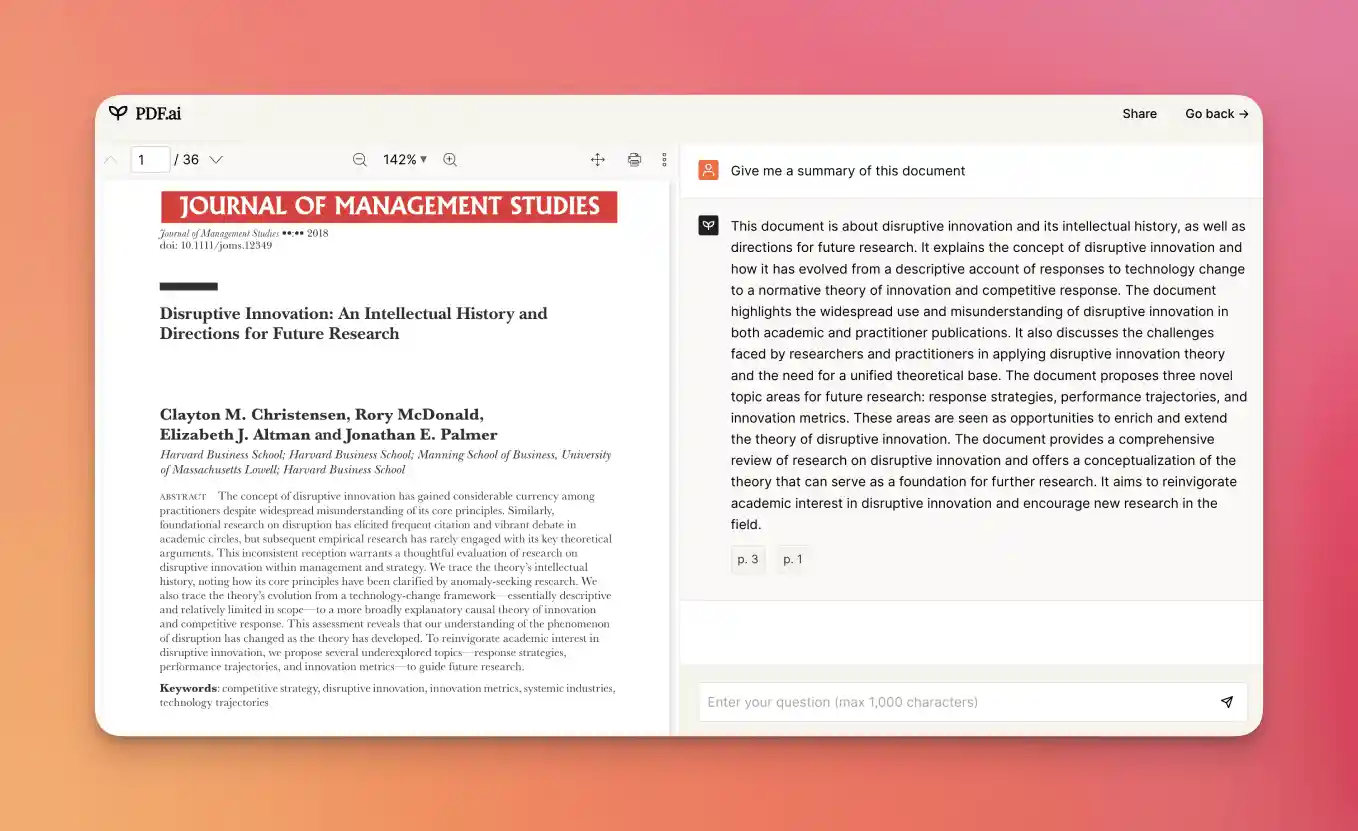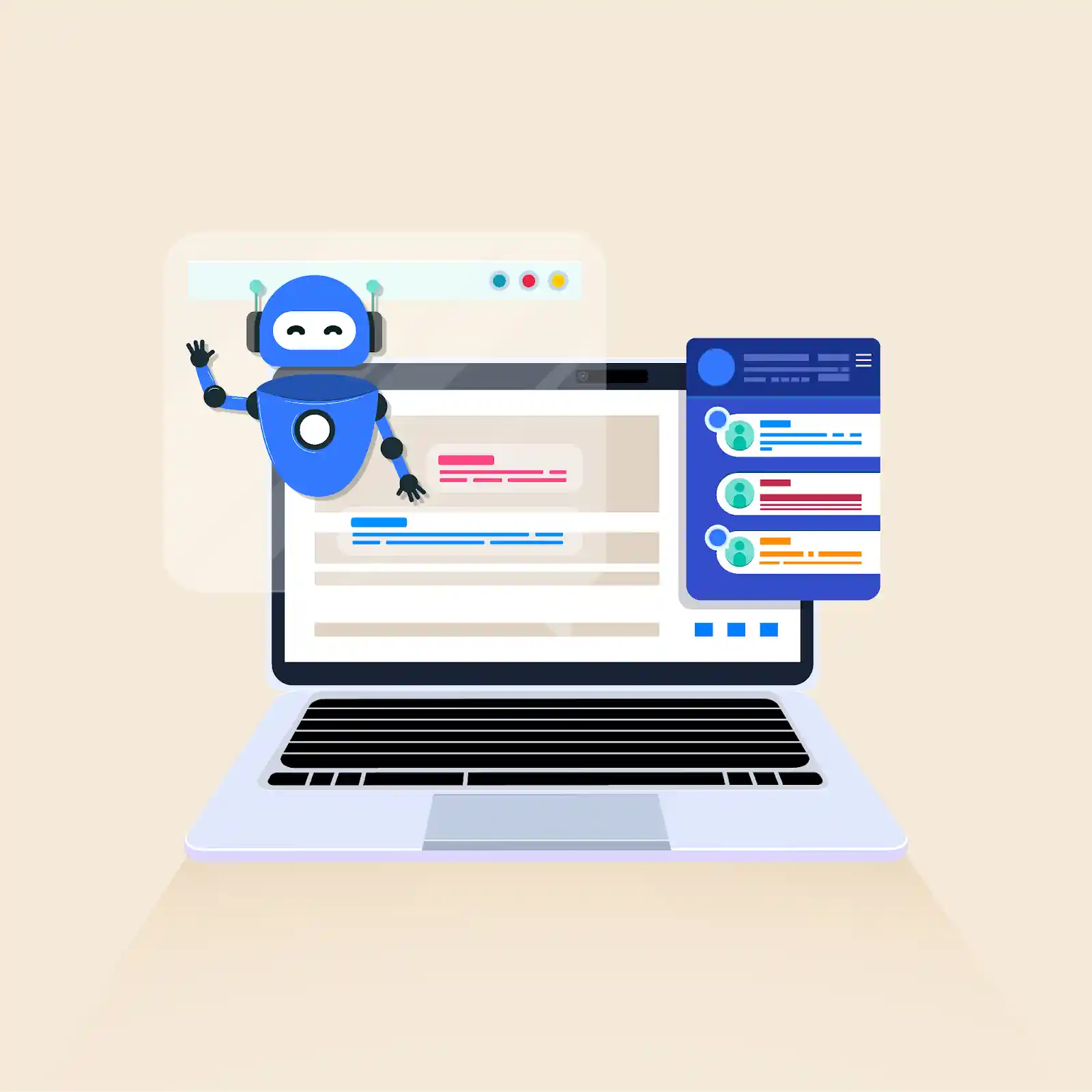Boost Sales and Conversions with Powerful Sales Chatbot
Table of Content
Ready to unlock the power of AI in your sales process? This article dives into the what, why, and how of building a sales chatbot to increase engagement, nurture leads, and close more deals.
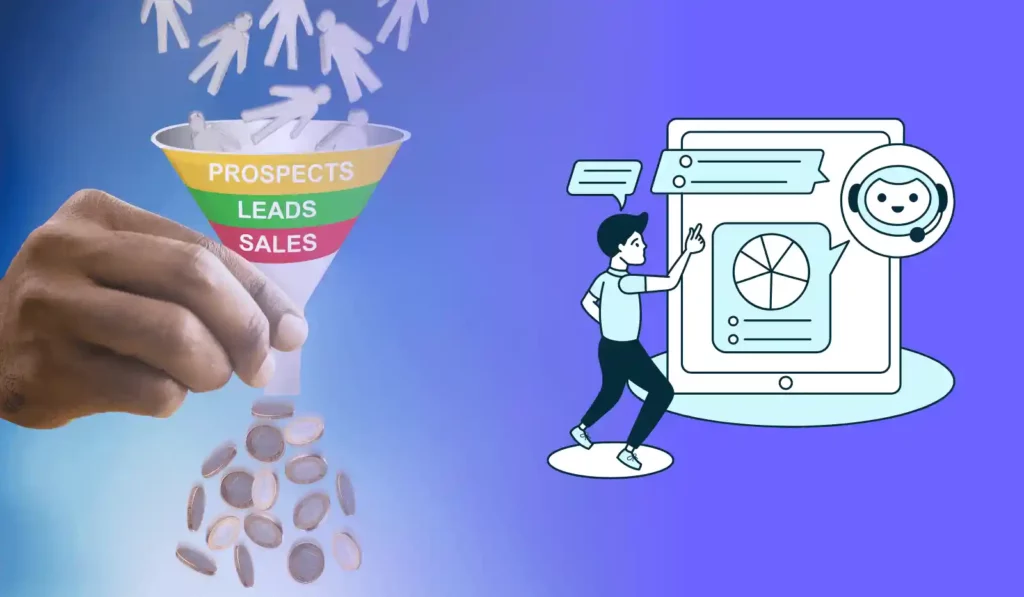
How Chatbots Automate Your Sales Process
While the sales landscape constantly evolves, qualifying leads remains a fundamental task. Chatbots have carved out a niche in this area, leveraging their relative novelty to effectively engage potential customers. Chatbots function in lead qualification akin to landing pages or contact forms, but with the advantage of customizable engagements. By leveraging information about a customer’s website activity, chatbots can offer context-relevant interactions.
Compared to traditional contact forms, chatbots boast a more user-friendly interface, sometimes even incorporating a graphical element. This increased engagement makes it easier for potential customers to interact with the sales process.
However, similar to any sales channel, their effectiveness may lessen as users become more accustomed to their techniques.
Unpacking the Role of Chatbots in Sales
- Primary Objective: The core purpose of the chatbot is to gather crucial information: contact details, consent for future engagement, and an assessment of the user’s potential value
- Nurturing Engagement: Beyond information gathering, the chatbot can prompt users towards desired actions, like booking appointments or downloading software.
- Incentivizing Interaction: To encourage user engagement, consider offering benefits like discount codes or free resources in exchange for interacting with the chatbot. This can be particularly effective during the checkout process, presenting an incentive to complete the purchase.
- Smoothing the Sales Journey: Chatbots can help remove obstacles to purchase by:
- Guiding users to relevant information on the website.
- Offering the option to complete the purchase directly within the chat interface.
- Streamlining Conversions: This ability to facilitate purchases or other actions becomes especially powerful when combined with outbound marketing campaigns. Recipients can not only receive the message but also complete the desired action (e.g., purchase) by replying directly, significantly reducing the friction involved in buying. This approach is applicable to any call to action linked to your advertising campaign.
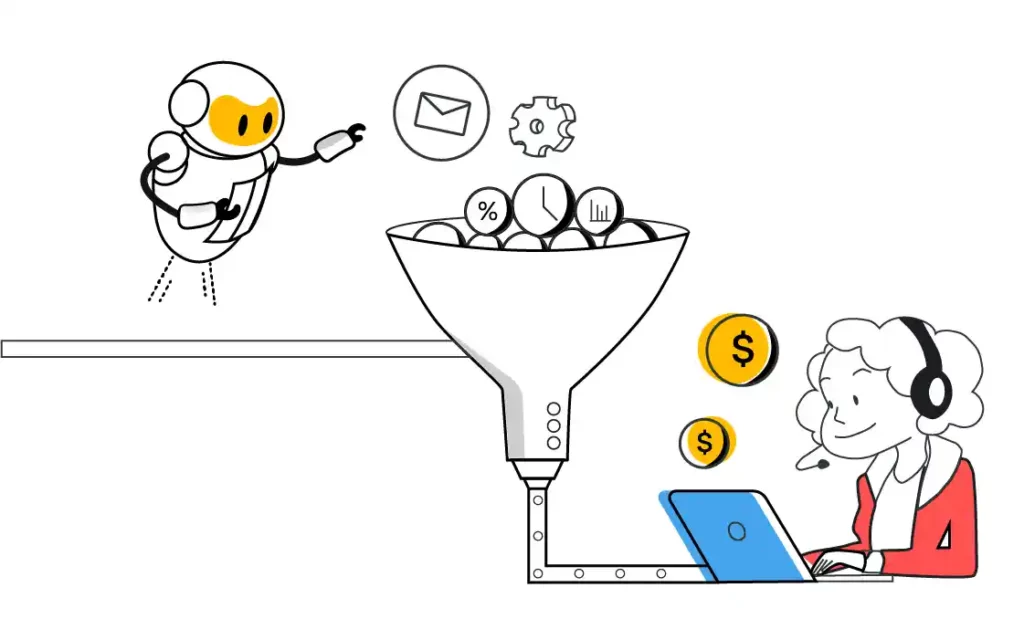
Building a ChatBot for your Sales Pipeline
Sales chatbots have become a popular tool for automating lead generation and qualification. Their straightforward design, built on well-defined scripts and clear goals, makes them relatively easy to implement. However, adding “customer enablement” features like in-chat purchasing requires integration with internal systems, significantly increasing complexity.
While sales funnels are a common application, chatbots are venturing beyond the realm of direct sales. An innovative approach involves deploying chatbots to respond to social media comments. By utilizing natural language processing (NLP) capabilities, chatbots can recognize relevant keywords within user comments and automatically reply with appropriate information or calls to action. This allows businesses to engage with potential customers on social media platforms in a timely and personalized manner.
Conclusion
As technology continues to evolve, the potential of chatbots in sales and in other industries will only grow. Stay tuned for future advancements and explore how you can integrate this innovative technology into your sales strategy for continued success.
